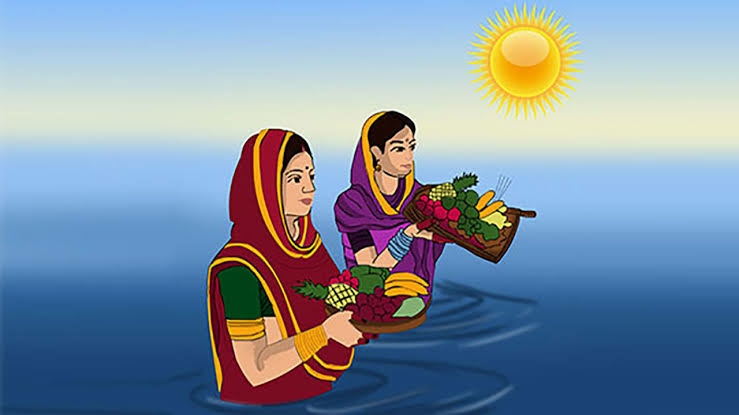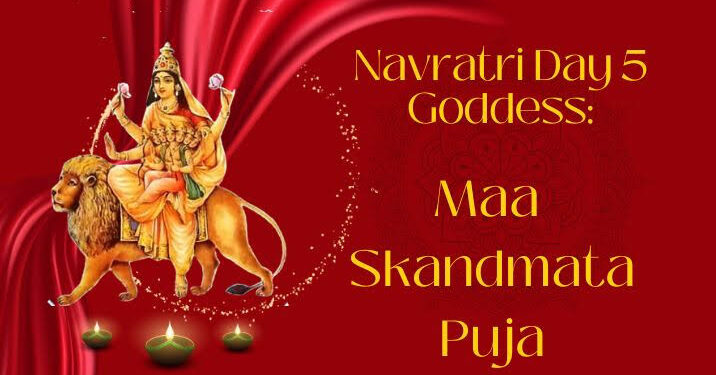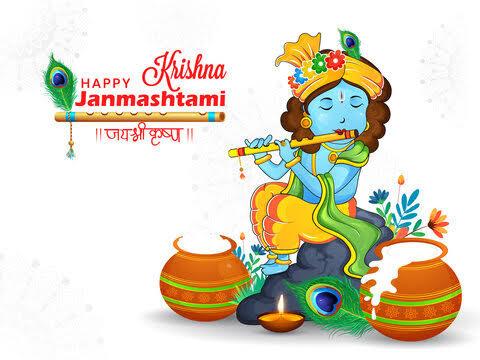New Delhi: Chhath is an ancient Hindu festival that originated in the Indian subcontinent, specifically in the Indian states of Bihar, Uttar Pradesh, West Bengal, and Jharkhand, as well as the Nepalese provinces of Madhesh and Lumbini. The Goddess of the festival is Chhathi Maiya, the sixth form of Devi Prakriti and Lord Surya’s sister. Vikram Samvat is observed six days after Deepavali, on the sixth day of the lunar month of Kartika (October-November) in the Hindu calendar. Environmentalists claim that the Chhath festival is one of the most environmentally friendly religious events in the world.
History
Chhath Puja holds great importance in ancient history. And the five most important stories related to Chhhath Puja are:
The Chhathi Maiya is worshipped during the Chhath festival, as mentioned in the Brahma Vaivarta Purana. The Chhath Puja is said to have begun in the holy city of Varanasi by the Gahadavala dynasty.
The festival is well-known in the Munger region for its association with Sita Manpatthar. The main center of public faith in Munger is the Sitacharan temple, which is located on a boulder in the middle of the Ganges. The goddess Sita is said to have performed the Chhath festival in Munger. Only after this event did the Chhath festival begin. As a result, Munger and Begusarai celebrate Chhath Mahaparva with great fanfare.
Another legend has it that King Priyavrat, son of First Manu Swayambhu, was depressed because he had no children. Maharishi Kashyap requested that he perform a yajna. He performed a yajna for a son under Maharishis orders. Following this, Queen Malini gave birth to a son, who died shortly after birth. Because of this, the king and his family were devastated. Then Mata Shashthi appeared in the sky. When the king prayed to her, she replied, “I am Chhathi Maiya, the Sixth form of Devi Parvati, and I protect all the children of the world and give the blessings of children to all childless parents.” She then blessed the lifeless child with her hands.
And, as mentioned in the famous epic Ramayana, when Rama and Sita returned to Ayodhya, people celebrated Deepawali, and Ramrajya was established on its sixth day. On this day, Rama and Sita fasted, and Sita performed Surya Shashthi/Chhath Puja. As a result, she was blessed with Luv and Kush as sons.
Kunti performed Chhath Puja after they escaped from Lakshagriha in the Mahabharata. Karna, the son of Surya and Kunti, is also said to have been conceived after Kunti performed Chhath puja. Draupadi is also said to have performed the Puja for the Pandavas for them to win the Kurukshetra War.








